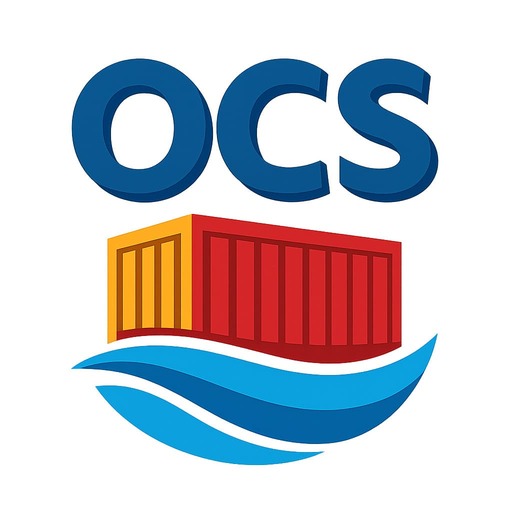Port congestion is a growing concern for the ocean container shipping industry. This issue is having a significant impact on the efficiency and cost of shipping goods across international waters. The high demand for container shipments, limited port capacity, and various other factors are contributing to this problem, causing delays, increased costs, and overall disruptions to the supply chain.
One of the main consequences of port congestion is delays in shipping schedules. When ports become congested, vessels have to wait in line to unload and load containers, leading to delays in departure and arrival times. This can have a ripple effect on the entire supply chain, creating bottlenecks and causing delays in the delivery of goods to their final destination. Companies relying on timely deliveries are facing challenges in meeting their customers’ expectations, as well as in managing inventory and production schedules.
Another significant impact of port congestion is the increase in shipping costs. As vessels spend more time waiting in port, shipping companies incur additional expenses, such as fuel costs and demurrage fees. These costs are then passed on to shippers, resulting in higher rates for transporting goods. This rise in shipping costs can have a cascading effect on businesses, leading to increased prices for consumers and affecting their purchasing decisions.
Moreover, port congestion is also affecting the overall reliability of ocean container shipping. With the unpredictability of delays and disruptions, shippers are finding it increasingly challenging to plan and execute their shipping strategies effectively. This uncertainty can lead to a decrease in customer satisfaction and loyalty, as businesses struggle to meet their commitments and deliver goods on time.
To address the issue of port congestion, stakeholders in the ocean container shipping industry are exploring various solutions. Improving port infrastructure, increasing capacity, implementing advanced technology, and optimizing supply chain processes are some of the strategies being considered to alleviate congestion and enhance efficiency.
In conclusion, port congestion is a critical issue impacting the ocean container shipping industry. The delays, increased costs, and disruptions caused by congestion are posing significant challenges for businesses involved in international trade. Companies need to stay proactive and adopt innovative solutions to mitigate the impact of port congestion on their operations. By working together and implementing effective strategies, the industry can overcome these challenges and ensure a smoother and more efficient shipping process for all parties involved.
If you are planning an overseas move and looking for reliable shipping options, don’t forget to obtain Overseas Moving Quotes from multiple providers to compare rates and services. This will help you make an informed decision and ensure a smooth transition to your new destination.
Find out more at
International Moving | Ocean Container Shipping Rates
https://www.ocean-container-shipping.com/
Miami, United States
International Moving Made Simple – Global Relocation Solutions You Can Trust
Planning an international move? Whether you’re relocating for work, family, or a fresh start abroad, our comprehensive international moving services make global transitions stress-free and cost-effective. At Freight-Calculator.com, we specialize in container shipping, LCL (less than container load) moving, and international relocation logistics from the USA to destinations around the world. With instant online quotes, expert documentation support, and worldwide coverage, we help individuals and families move overseas with confidence. From full household containers to partial shipments, we tailor every move to meet your timeline and budget. Begin your journey with the most reliable international moving company online.

